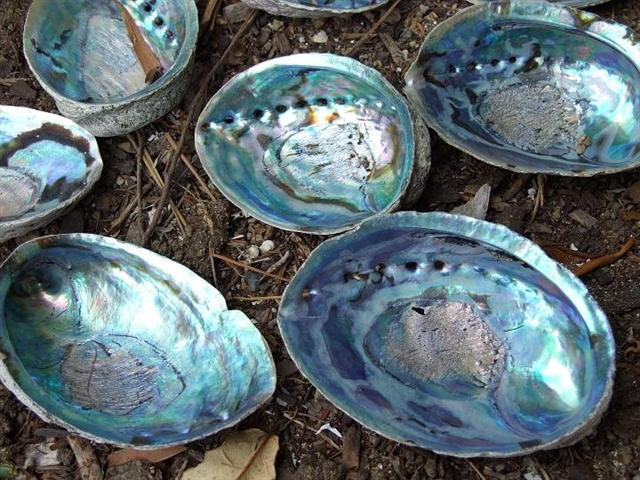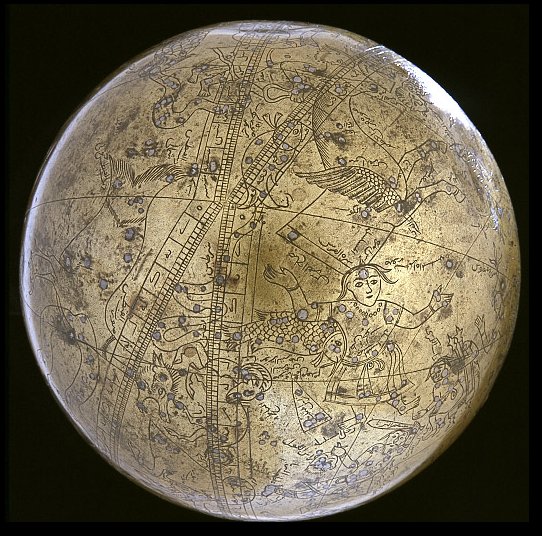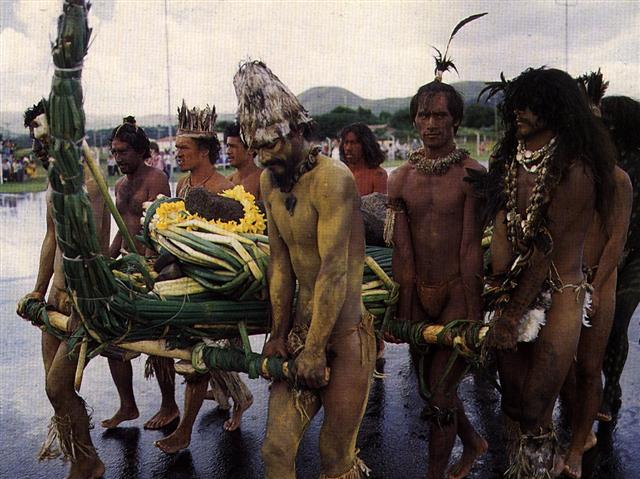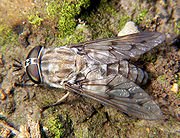We can now with fresh eyes once again contemplate the first item brought on board the Royal Double Canoe:
The stone (tau) statue named Te Taka-pau stood at the beginning (the Navel) of the new cycle (taka), when the old cycle had become empty (pau).
She marked where the first day of the new cycle was beginning, viz. after the equinox day in March 20:
Time had begun to flow anew here. The stone statue Te Takapau was stolen from inside the house of Maeha - i.e. at first it could not be seen → there was a fraction (ca ¼) beween the end of the old year and the beginning of the new cycle → hidden inside the topknot (tikitiki) of Andromeda..
... After Maeha and Teke had reached the middle [ki vaenga] of the yam plantation, Oti and Parahenga [Bara henga] went into the house [ki roto ki te hare], picked up [he too mai] the figure, put her on a stretcher (rango) and carried her on board the canoe. (There) they left her ...[E:61] → Day 61 counted from day 364 (December 30) = 1 (December 31) + 31 (January) + 28 (February) + 1 = 61 (March 1).We have to get used to word plays - the word for stretcher (rago) sounded like Rogo. Mae. To fade, to wither, stunted fruit. PS Mgv.: mae, to fade, to wither, to be blighted. Sa.: mae, to be stale (of fish). To.: mae, to fade, to wither, to smell musty. Mae atu'ra, to cede, to give up. This is the only instance of the use, which is unexplained, of the character ' by father Père Roussel. Churchill. Mgv.: ma, to fade, to lose color. Ha.: ma, to fade. Churchill. Ta.: mae, weak, soft. Mq.: mae, soft, flabby. To.: mae, to wither, to fade. Ha.: mae, id. Churchill. Ha.1. Four. 2. To breathe. Hakaha'a, to flay, to skin. Vanaga. 1. Four. P Mgv., Mq., Ta.: ha, id. 2. To yawn, to gape. 3. To heat. 4. Hakaha, to skin, to flay; unahi hakaha, to scale fish. Mgv.: akaha, to take to pieces, to take off the bark or skin, to strip the leaves off sugarcane. 5. Mgv: ha, sacred, prohibited. Mq.: a, a sacred spot. Sa.: sa, id. Churchill. Maea. Stone, rock. Vanaga. Stone, rock; maea kore, free of stones; maea horohoro, snowy rock; maea mataa, obsidian used for spear heads T; maea matariki, stone used for the images T; maea pupura, hard cellular stones used in the platforms T; maea puruhare, tile; maea regorego, a flinty beach pebble used for the finest stone implements T; maea toki, hard slates, black, red and gray, used for axes T; maea viriviri, grindstone. Churchill. Ma'eha. Brightness, bright, to lighten, to brighten up; ku ma'eha-á, it has already lightened up. Vanaga. 1. Light, brightness; to shine, to be bright, to glimmer, to glow; maeha mahina, moonshine; maeharaa, sunrise. Maehamaeha, bright. Hakamaeha, to brighten. Mq.: maeoeo, bright, transparent. 2. To get out of the way. 3. Thin, slender, slight. Churchill. ... All the kinsmen spoke to you (i.e. Kuukuu): 'Even you did not prevail against the turtle!' They put the injured Kuukuu on a stretcher and carried him inland. They prepared a soft bed for him in the cave and let him rest there ...
... I remember from my early readings (Thor Heyerdahl, Påskön, en gåta som fått svar.) how they low down among the other stones in the wall of Ahu Naunau in Anakena found a crowned head broken off at the neck, and clearly it was from a stone statue which headless earlier had been brought to Norway. For the Easter Islanders the immediate response to the new discovery was La Reina! - it just had to be their ancient queen Avareipua. Old people cried emotionally ... We can see a complete Rogo figure (Gb6-26) because the equinox was in the previous day, viz. in day number 90 (from the solstice) - 11 = 79 (March 20).
I have assumed the stolen goods were numbered in parallel with the right ascension days of the corresponding stars. The position of Gb1-24 should then refer to February 1 (day 32 = 397 - 365) and that of Gb2-12 to February 15, to day 32 + 14 + 365 = 411 = 46 (= 320 + 80 + 11).
Ure. 1. Generation; ure matá, warlike, bellicose generation (matá, obsidian, used in making weapons). 2. Offspring; brother; colleague i toou ure ka tata-mai, your colleague has turned up. 3. Friendship, friendly relationship; ku-ké-á te ure, they have become enemies (lit.: friendship has changed). 4. Penis (this definition is found in Englert's 1938 dictionary, but not in La Tierra de Hotu Matu'a). Ure tahiri, to gush, to spurt, to flow; e-ure tahiri-á te toto, blood is flowing in gushes. Ure tiatia moana, whirlwind which descend quickly and violently onto the ocean; whirlpool, eddy. Vanaga. Penis; kiri ure, prepuce, foreskin. P Pau., Mgv., Ta.: ure, penis. Ureure, spiral. Ta.: aureure, id. Urei, to show the teeth. Mgv.: urei, to uncover the eye by rolling back the lids. Churchill. Pau.: Ureuretiamoana, waterspout. Ta.: ureuretumoana, id. Churchill. H. Ule 1. Penis. For imaginative compounds see 'a'awa 1, 'aweule, ulehala, ulehole, ulepa'a, ulepuaa, ule'ulu. Kū ka ule, he'e ka laho, the penis is upright, the scrotum runs away (refers to breadfruit: when the blossom (pōule) appears erect, there will soon be fruit). 2. Tenon for a mortise; pointed end of a post which enters the crotch of a rafter (also called ma'i kāne). Ho'o ule, to form a tenon or post for the crotch of a rafter. 3. To hang. Wehewehe. Takaure. Fly; horse-fly. Vanaga. A fly; takaure iti, mosquito; takaure marere ke, swarm. Churchill.
|
||||||||||||||||||||||||||||||||||||||||||||||||||||||||||||||||||||||||||||||||||||||||||||||||||||||||||||||||||||||||||||||||




